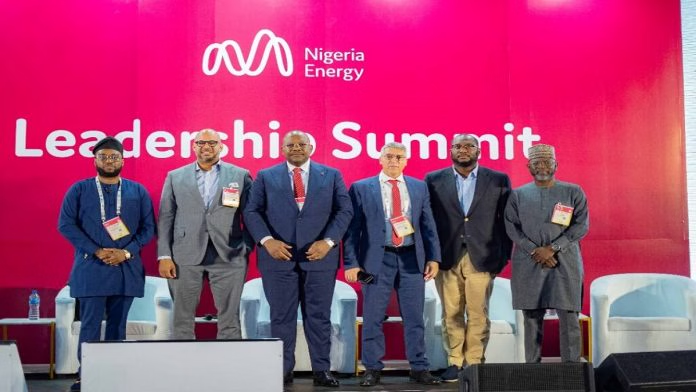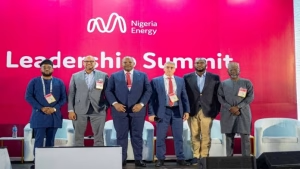Over 140 Million Nigerians Lack Access to Energy – Hiers Energies

Over 140 million Nigerians, representing approximately 71 per cent of the population, still lack full access to energy, according to Mr Osayande Igiehon, Chief Executive Officer of Hiers Energies. Citing the latest report from the International Energy Agency (IEA), Igiehon highlighted the stark energy challenges faced by the country at the 2024 Nigeria Energy Summit, held in Lagos on Friday.
In his keynote address, Igiehon stressed the critical need to harness Nigeria’s abundant natural resources to ensure energy security and promote sustainable development. He described gas-to-power solutions as the key to unlocking Nigeria’s energy future, stating, “Gas-to-power solutions are not merely an option; they are the cornerstone of Nigeria’s energy future.”
According to Igiehon, these solutions hold the potential to dramatically improve the quality of life for millions of Nigerians and form the foundation for industrialisation, innovation, and productivity across the nation. He underscored the importance of reliable electricity, which he described as no longer a luxury but a fundamental necessity for human development. “Reliable electricity powers hospitals, schools, businesses, and other vital sectors,” he added.
The Nigerian government has set ambitious targets for the energy sector, aiming to provide access to electricity for over 90 per cent of the population by 2030. While acknowledging the challenge, Igiehon expressed optimism that this goal is achievable. “Realising this potential requires more than just good intentions; it demands concerted action from all stakeholders,” he said.

He called for the government to create a stable and transparent regulatory environment that would attract investment in gas production, infrastructure, and power generation. Igiehon pointed to the 2021 Petroleum Industry Act and the 2024 presidential directives for the oil and gas industry as key drivers for promoting gas production and transportation.
Further emphasising the role of private sector involvement, Igiehon referenced the 2022 Power Sector Reform Bill, which allows private organisations to play a more active role in electricity generation, transmission, and distribution. He called on the private sector to rise to the occasion with innovative solutions and capital investment, particularly in upgrading gas processing facilities, pipelines, and power plants.
“The private sector must step up with innovative solutions and capital to upgrade infrastructure for gas processing facilities, pipelines, and power plants,” he stated.
Igiehon also highlighted the potential for rural energy solutions, noting that the Rural Eradication Agency of Nigeria estimates that scaling distributed solar generation, mini-grids, and off-grid technologies could generate over $9 billion annually.
“We, as industry leaders, must collaborate more than ever. The challenges we face are complex and require effective collaboration between the public and private sectors to achieve our objectives,” he concluded.
Hiers Energies, he noted, remains committed to its role as a strategic supplier of gas to key industries and power plants across Nigeria, contributing to the country’s energy transformation efforts. NGX Loses Additional 6.6 Billion Amid Investors’ Selling Spree





